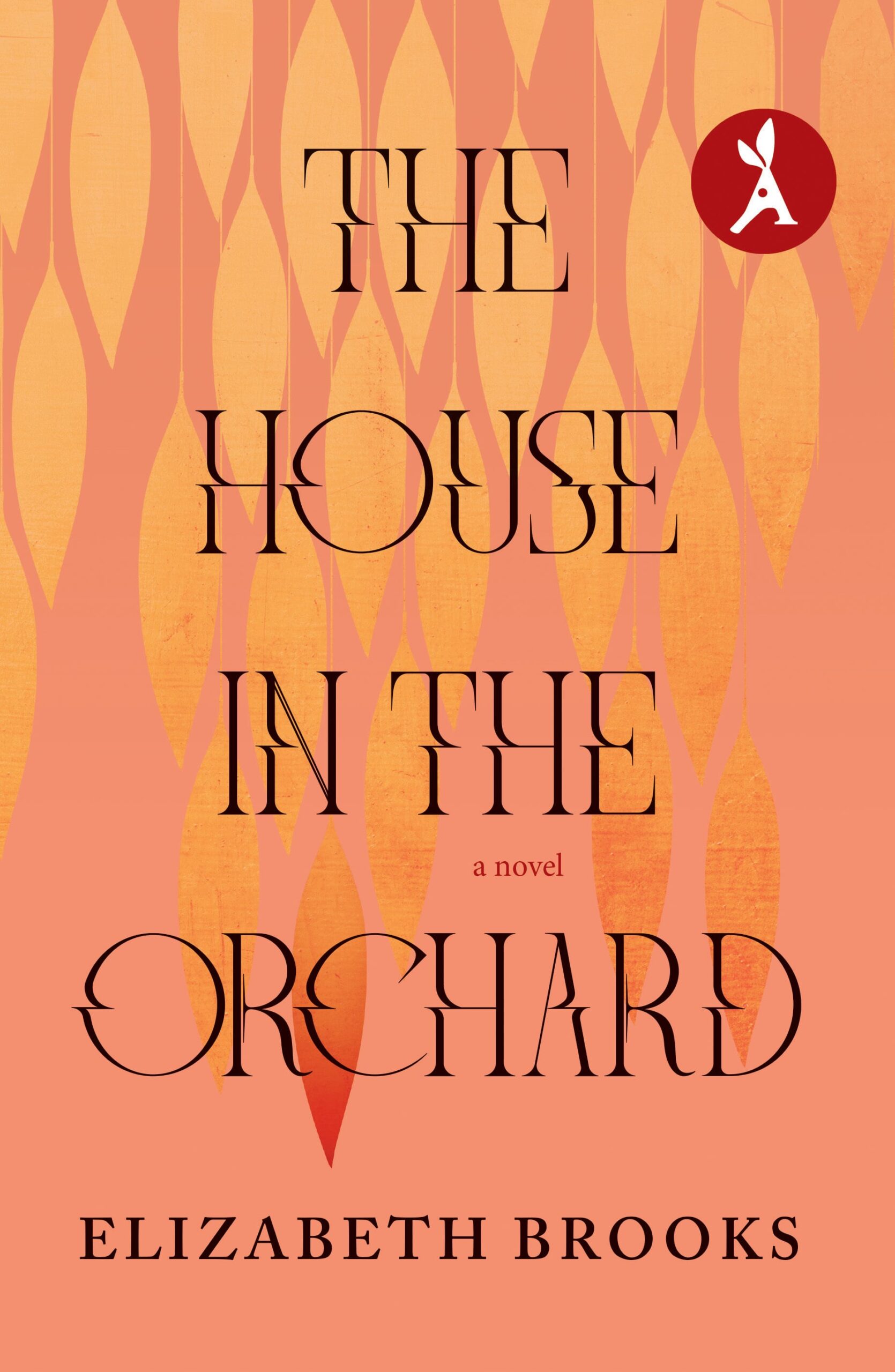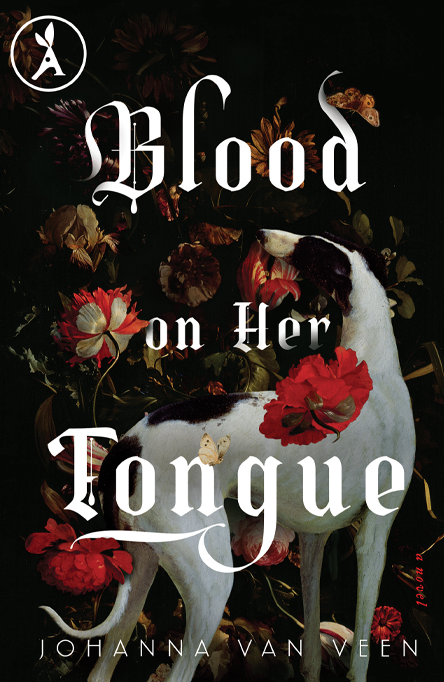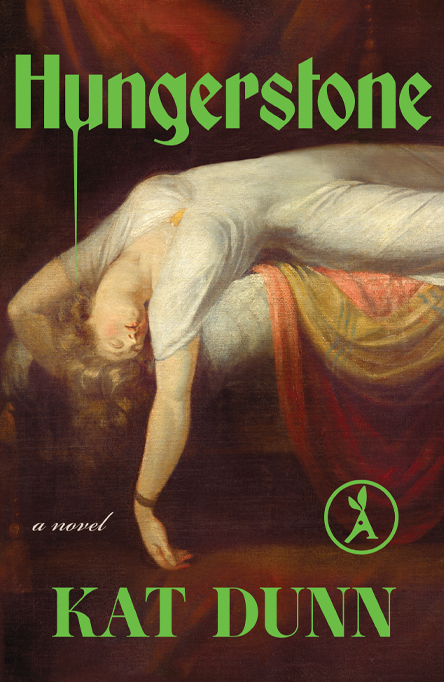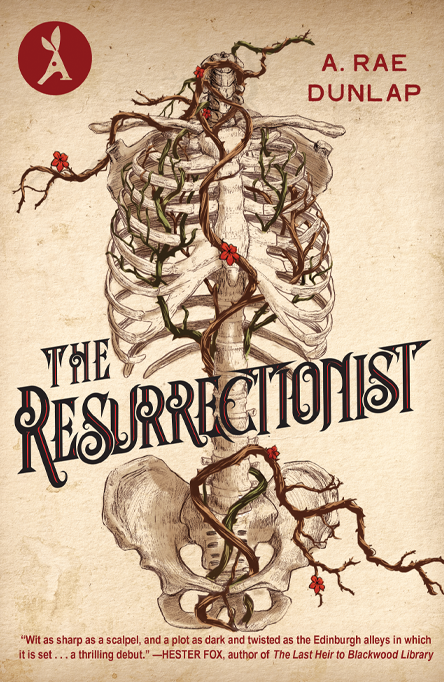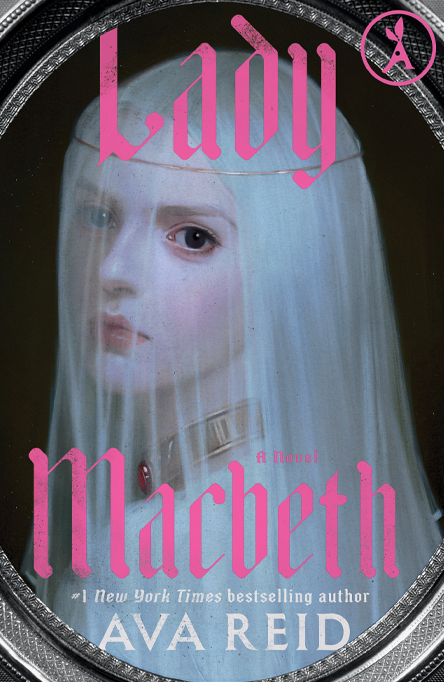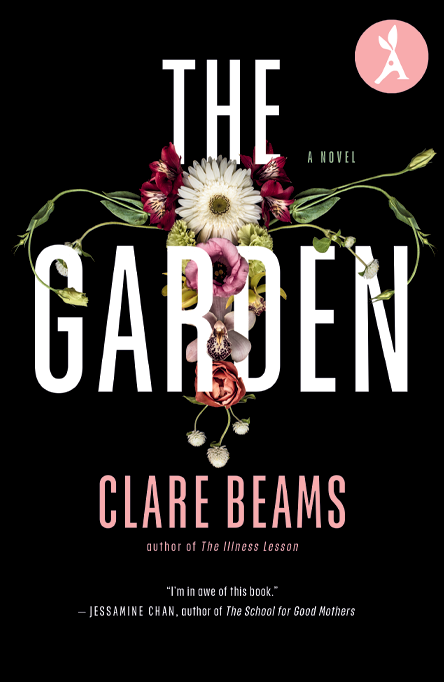A startling gothic tale of corrupted innocence that asks—when we look closely—what it really means to know the truth.
1945: War widow Peggy is grateful to have inherited Orchard House from her husband’s Aunt Maude; she looks forward to making a fresh start in rural Cambridgeshire with her young son. The moment she sets eyes on the rambling property, however, doubt sets in. From the bricked-up cellar to the scent of violets and rotting fruit, the place seems shrouded by dark mysteries. When Peggy discovers Maude’s teenage diary gathering dust inside a broken desk, she begins to read, searching for answers.
1876: Orphaned Maude is forced to leave London, and her adored brother Frank, to live with a stranger. Everyone—especially Frank—tells her not to trust Miss Greenaway, the enigmatic owner of Orchard House, but Maude can’t help warming to her new guardian. Encouraged by Miss Greenaway to speak her mind, follow her curiosity, and form her own opinions, Maude finds herself discovering who she is for the first time, and learning to love her new home in the orchard.
But when Frank comes for an unexpected visit, the delicate balance of Maude’s life is thrown into disarray. Complicating matters more, Maude witnesses an adult world full of interactions she cannot quite understand with implications beyond her grasp. Her efforts to regain control and right the future as she sees fit result in a violent tragedy, the repercussions of which will haunt Orchard House for the rest of Maude’s life—and beyond. Psychologically gripping and masterfully told, The House in the Orchard explores the blurred lines between truth and manipulation, asking us who we can trust, how to tell guilt from forgiveness, and whether we can ever really separate true love from destruction…
Don't just take our word for it...
“Elizabeth Brooks has penned an inspired take on the Gothic novel that would impress Daphne du Maurier and Emily Brontë. Alluring, atmospheric, and deliciously creepy, The House in the Orchard is a wickedly entertaining read.”
– Tasha Alexander, bestselling author of Secrets of the Nile
“Like McEwan’s Atonement, Elizabeth Brooks delivers a twisty tale which proves deadly when innocence collides with an antiquated world of manners and class.”
– Michelle Hoover, author of The Quickening
“At turns lush and tangled, with moments of clarity that burst forth from the darkness like shafts of moonlight penetrating a forest canopy, The House in the Orchard represents the finest in gothic fiction. Brooks is a master, enticing the reader forward, one step at a time, but only revealing the path by the light of a candle. Bewitching.”
– Erika Robuck, bestselling author of Sisters of Night and Fog
Taste the very first page
Orchard House
Sawyer’s Fen
Cambridgeshire
13 May, 1941
For much of my life I have been suspicious of formal documents. Pious declarations in the name of “I, the undersigned” make me squirm: they have a solid and trustworthy appearance, but they are not solid, and not to be trusted. How can they be?
Nevertheless, I need a will, so I am sitting up in bed “on this thirteenth day of May, 1941,” to write one, and I have engaged the vicar and his wife to call by this afternoon and witness me sign.
I am not—as far as I know—mortally ill, but I am feeling old, and I care what becomes of Orchard House. I want my brother Frank’s son— my nephew, Jonathan—to have it, in the event that he survives this wicked war. Yesterday, courtesy of the “announcements” column in the Times, I learned that Jonathan and his wife have a baby son, and it pleases me to picture a child, or children, growing up here.
It goes without saying that Frank will dislike the arrangement and suspect mischief on my part, but I will not be discouraged on his account…
You might also like
Historical FictionLGBTQIA+Gothic FictionIncludes a DogHorror
Blood on Her Tongue
Lucy's twin sister Sarah is unwell. She refuses to eat, mumbles nonsensically, and is increasingly obsessed with a centuries-old corpse recently discovered on her husband's grand estate.
Historical FictionLGBTQIA+Gothic FictionHorror
Hungerstone
A compulsive feminist reworking of Carmilla, the queer novella that inspired Dracula.
Historical FictionDebut NovelLGBTQIA+Gothic Fiction
The Resurrectionist
A twisty gothic debut set when real-life serial killers Burke and Hare terrorized the streets of Edinburgh, as a young medical student is lured into the illicit underworld of body snatching.
Gothic FictionHistorical Fantasy
Lady Macbeth
A reimagining of Lady Macbeth, Shakespeare’s most famous villainess, giving her a voice, a past, and a power that transforms the story men have written for her.
The Garden
The discovery of a secret garden with unknown powers fuels this page-turning and psychologically thrilling tale of women yearning to become mothers and the ways the female body has always been policed and manipulated.
